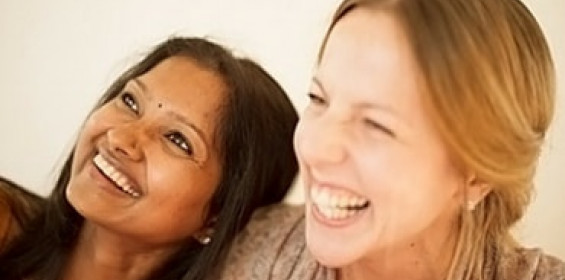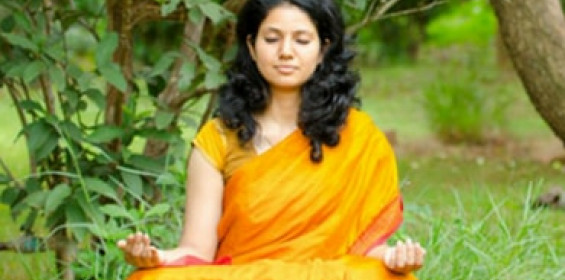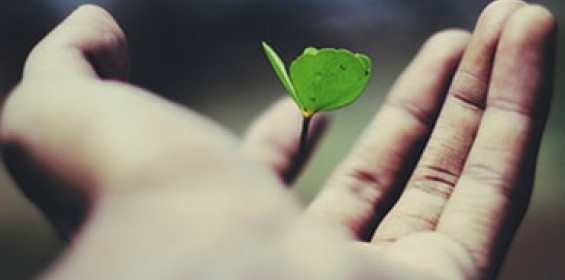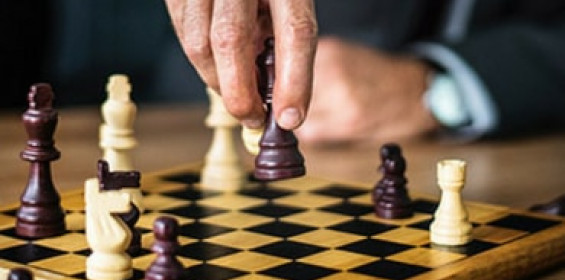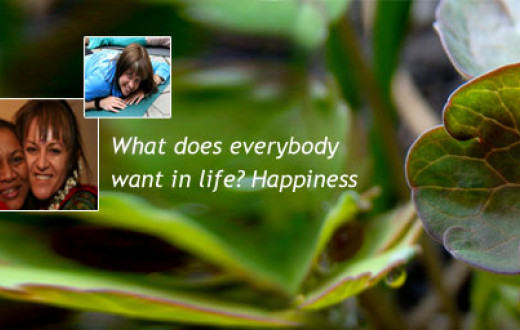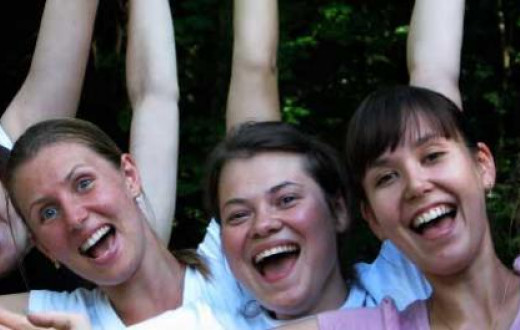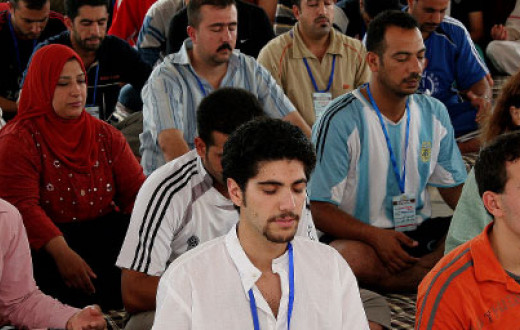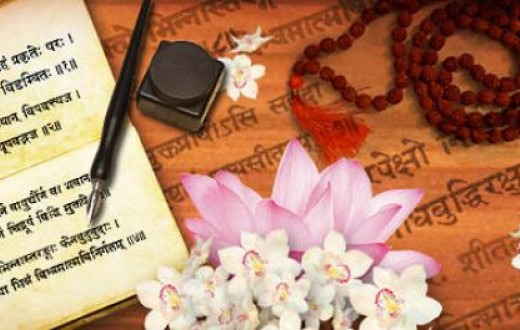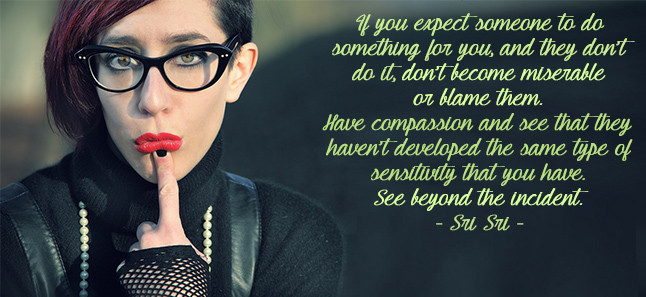
(Below is a continuation of post Beyond The Rat Race)
Perception power can be improved through proper diet, meditation, and exercise. It has a lot to do with the circulation in the body.
Suppose you keep eating and sit like a couch potato and don’t do any exercise, then you simply keep expanding horizontally and your perception gets clouded. Circulation improves through exercise. A proper diet can improve our perception and our intuition as well. Breathing and meditation also contribute a lot. I would say 70%.
I am very glad you asked this question. This is my concern too. Day and night, I am also thinking on how to make people drop these minority-majority differences and come together as one human race, one human family. I think we can do this through education.
Fanaticism is the biggest problem in the world today. The fanatics or terrorists have made all of us take off our shoes and slippers in the airport. What the temples or churches couldn’t make us do, the terrorists have done – make us take off our shoes, belt, and coats at the airport. It is such a sorry state of affairs.
Harmony in diversity should be part of our education everywhere. Singapore is such a fine example of this. Here, the Hindus, Christians, Muslims, and Buddhists, all live in harmony, and for this we must really salute our past Prime Minister, Mr. Lee Kuan Yew. He put his foot down and said, 'We all have to live together here'. It is such a great example.
I don’t like the word "tolerance". You know why? Tolerance means you don’t like something but you are still tolerating it. For example, you don’t like Protestants, Muslims, or Buddhists, but you tolerate them. No! We must love and appreciate and honor each other. The world is like a bouquet of flowers. So many traditions are there on this planet. Even if one tradition goes out of this planet, it’s a loss to world heritage.
You know, when the genocide was being carried out on the Yezidis in Iraq recently, it was the 73rd time it was happening. It had happened 72 times already! They were 27 million once upon a time. Today, they have been reduced to a mere 1 million. So some of them came to see me saying, "Please help us, there are 15,000 of our people, Yezidis, trapped in the Sinjar mountains with no water, no food, and nobody wants to help us".
So, Art of Living stood by them. We collected, in just 4 weeks, 120 tons of food grains and other materials which we air-lifted to that place. Nobody was even willing to air-lift that. So I went personally to America and spoke to the State department. We asked them to call Iraq and speak to the Kurdish government, and we successfully air-lifted that relief materiel and I am glad to say that we could save those 15,000 lives, who would otherwise have starved to death.
I told this small minority of Yezidi people that they have to save their culture, and preserve their heritage. They have a 5000-year-old culture. Of course, they are part of the world's heritage. There is no point converting people by pointing swords. This is what we need to tell people who are creating such a big havoc in the world today.
Let's all join together and brainstorm for greater ideas on how we can bring about this change. What do you all say? Religious education is essential, but not fanatic education. We have to move away from fanaticism.
See, you do your 100% and then that’s it! If they expect more from you, say, "I am so sorry, I can’t do this".
If you are not a doctor and somebody expects you to treat them, what would you do? Will you give them an injection just to satisfy them? No! You have to honestly tell them, "My dear, I am sorry", and they will understand that. You do your 100% and that is how you manage others' expectations.
Now, you expect others to do something for you. Well, if they don’t do it, don’t become miserable. Have compassion and see that this is the limit of their capacity. They have not learned the art of expression. Don’t expect someone to say 'Thank you' and all nice things. Suppose they don’t thank you, have compassion on them that they haven’t been trained or cultured that way. You simply have to see beyond an event or incident.
Take it to a bigger scale and you will see that, in this world, the behavior of a person is the outcome of their upbringing, their education, and their environment. If they lack these three things, it will show in their behavior. So, instead of blaming them, feel sorry for them that they didn’t get the education that you got. They haven’t developed the same type of sensitivity that you have. You are sensitive to others' demands; they aren't! Suppose someone does something for you and you express your gratefulness and thank them. If they don’t reciprocate, you simply have to attribute it to their lack of education and culturing rather than blame them. This is what I would suggest you to do.
See, if you blame them, you feel bitter, but if you attribute it to their lack of their culturing or education, you are at peace. What do you say?
This is my favorite topic. In the East, science and spirituality go together. If you read the Gita or any of the Upanishadas, they say gyaan vigyaan – science and spirituality must go together.
In fact, in the six systems of philosophy, the first three are material sciences. They say, if you understand one single atom thoroughly, you will be liberated. 'Padartha gyanath moksha'. You have to understand one single atom thoroughly and you will find liberation. They don’t talk about God at all!
Vaisheshika, Nyaya, and Sankya, are the three darshanas. The body is made up of 8 things – water, earth, air, fire, ether, mind, intellect, and memory. All these are made up of the chitta, or consciousness. Three of these are subtle—or less concrete—that is, mind, intellect, and memory. And five are much more tangible – earth, air, water, fire, and ether.
You have to study these eight first, and then you will come to that one thing, that is, consciousness, which makes up everything else, including these eight. Realizing this oneness is what is called samadhi or meditation.
Have you heard of Prof. Dürr? He was one of the top nuclear scientists of the world. He said to me once, "Gurudev, these days, when I give talks, people think I am talking Philosophy!" (laughs from the crowd)
He said, "for 40 years, I studied matter just to discover that it doesn’t exist! What exists is simply wave functions. Everything is only waves!"
So, this quantum physics is like learning Vedanta. When you learn Vedanta, you realize that, wow, this is what was said thousands of years ago! They said what appears is nothing – it is just a dream. It is just an appearance – not a reality. They said long, long ago that the sun rising and setting is only an appearance. It is not moving around the earth.
If you go to any Hindu temple, they keep all the 9 planets there. Sun is at the center and all the planets are around the sun. So, it wasn't Galileo who found out that the Earth is spherical. In the Vedic times, the earth was called Bhugola, which itself means "spherical". This tells us that they knew the shape of the Earth so many thousands of years ago.
There is an ancient, 200 AD temple in Cambodia. There, you can see Vishnu carrying the sphere, that is, the Earth in his hand. So, people knew this a long time ago.
Science and spirituality are not contradictory. Science is learning what is this? And spirituality is subjective knowledge – asking who am I? Or, what is all this made up of? That is spirituality. So, they complement each other.
In fact, rational thinking is something Eastern philosophy has always encouraged. They don’t say "first you believe, and then you can get an experience one day".
There are two ways in this world, and both have their own value. The Occident says, you believe first and then you can know one day. The Orient says first you know, and then whether you believe or not is up to you, but you know first. Knowledge comes first. That’s why, the Orient has never ever in the history of mankind persecuted any scientist. It has never happened. They have always encouraged scientists as a part of the system.
Tell me, what breakfast did you have on May 29, 2014? You don’t remember? (Mischievously) So what is the point of having breakfast then?! (huge laughter from the crowd)
See, in life, we do many things. We don’t have to remember everything. We brush our teeth and use toothpaste every day, don't we? What toothpaste did you use five years back on Apr 30? We don’t need to remember everything we do, but certain things, definitely.
Well, this is going into the mystic world and touching on the subtler truth about our world. This is not the occasion for going into that.
When we leave this body, two questions come in front of us – how much knowledge have we gained and how much love have we given? And in one minute’s time, your whole life will pass through in front of you like a movie and everything that you did will come to you – not with regrets but with your learning from them. You will only carry the lesson.





